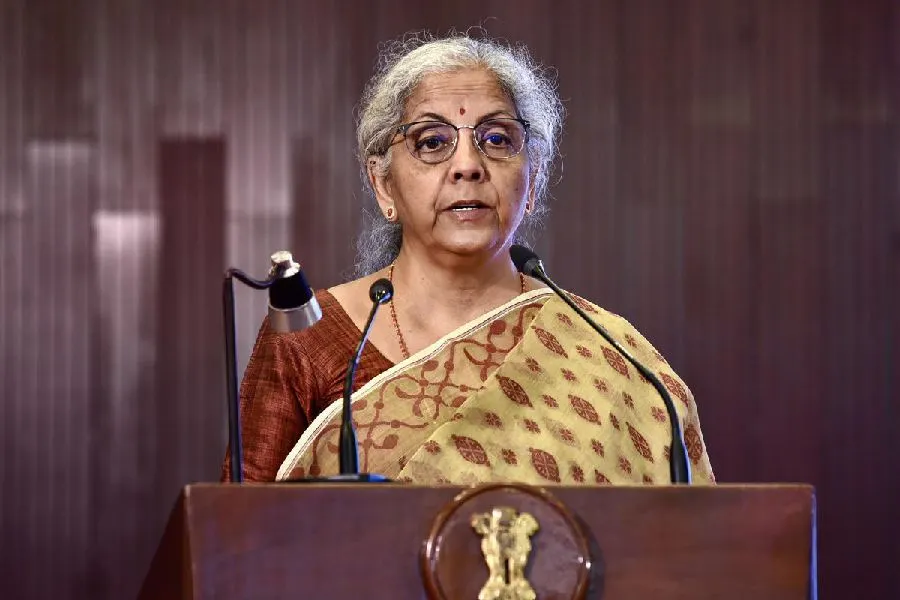The Indian insurance sector is under financial pressure following the latest Goods and Services Tax (GST) changes. While health and life insurance policies are now GST-exempt, insurers have lost the ability to claim Input Tax Credit (ITC). This insurance firms ITC loss may lead to a 1–4% price hike in premiums, especially for standalone health insurers like Star Health, Niva Bupa, and Care Health.
Why ITC Loss Matters for Insurers
ITC Loss Explained
Earlier, insurers claimed ITC on expenses such as IT services, agent commissions, and promotional costs. The new GST exemption removes this benefit, increasing operating costs by up to 3–5%.
Margin Pressure
With costs rising, insurance firms ITC loss translates into tighter margins. Analysts say a tariff increase is the only way to stay financially stable.
Impact on Major Insurers
- Star Health: Claimed around ₹395 crore in ITC last year. Losing this benefit means a 1–3% tariff increase may be needed.
- Niva Bupa: Due to higher expense ratios, it could face the steepest hike, around 4%.
- Care Health: May need to raise premiums by 2% to balance costs.
Will Policyholders Still Save?
Yes, but not as much as expected. Initially, policyholders hoped for an 18% drop in premiums after GST exemption. With insurers adjusting tariffs to cover the ITC loss, the actual reduction could be closer to 12–15%.
This means buyers will still pay less, but the savings will not be as high as originally thought.
State-Run Insurers and Competition
Public sector insurers like LIC are also impacted. However, they may rely on large policy volumes rather than steep hikes to manage the insurance firms ITC loss. Increased competition among private and government insurers could keep price hikes moderate.
What This Means for You
For policyholders, this is still positive news. Even with a 1–4% increase, premiums will remain cheaper compared to the GST-inclusive rates. But experts advise comparing plans carefully, as insurers may adjust pricing differently.



